'I didn't think we would harm him in the way we did', says medic who performed surgery that killed leading doctor and dad-of-two
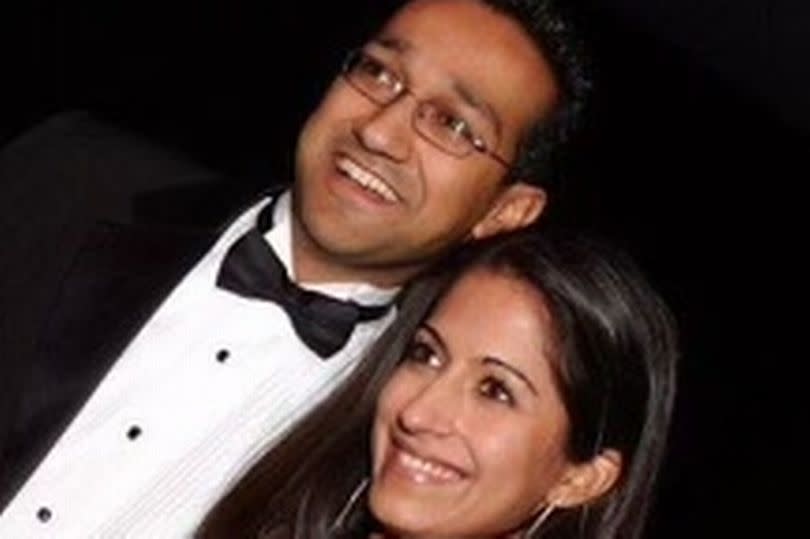
A doctor who performed a procedure that was botched and killed a fellow leading consultant said ‘I didn't think we would harm him in the way we sadly did', as an inquest heard how the patient suffered an ‘extremely rare catastrophic bleed’.
Professor Amit Patel, ‘one of the UK’s most knowledgeable doctors’ at the world-renowned Christie cancer hospital, became gravely ill and his condition was deteriorating rapidly when he was admitted to Wythenshawe Hospital in August 2021.
Medics had scrambled to try and understand the 43-year-old's rare illness and treat it. However, after a surgical test was recommended to try and diagnose his illness, the botched procedure ended up leaving Professor Patel with less than a 10 per cent chance of survival, and he later died.
The family of Professor Patel will now be forced to wait another month for answers about the tragic death of the beloved dad-of-two, after the inquest was already adjourned for weeks because of the amount of evidence needing to be heard.
Family will have to wait for answers again
The inquest into the father-of-two's premature death began at Manchester Coroner’s Court on April 4 and was adjourned part-heard until Wednesday (May 1), under coroner Zak Golombek. The inquest was planned for two days but was adjourned because of the volume of evidence needing to be heard. It was planned to continue for another two days – ending yesterday (May 2) – but time ran out for the coroner to review all of that evidence.
The family will now be forced to wait another four weeks before being able to hear the coroner’s conclusion about how Professor Patel came by his death.
On Wednesday, the hearing heard that ahead of the ultimately fatal procedure, test results showed that Professor Patel was also suffering from disseminated intravascular coagulation (DIC). DIC is a serious and rare blood clotting disorder and can cause uncontrollable bleeding.
The court was told how the procedure that was botched and killed Professor Patel is typically ‘low risk’. Dr Richard Booton, a respiratory consultant at Wythenshawe Hospital who was to carry out the procedure, told the court he was confident in going ahead with the test while aware of the blood disorder, saying there had been blood products ordered to the bedside to ‘mitigate’ any problems the clotting disorder might cause.
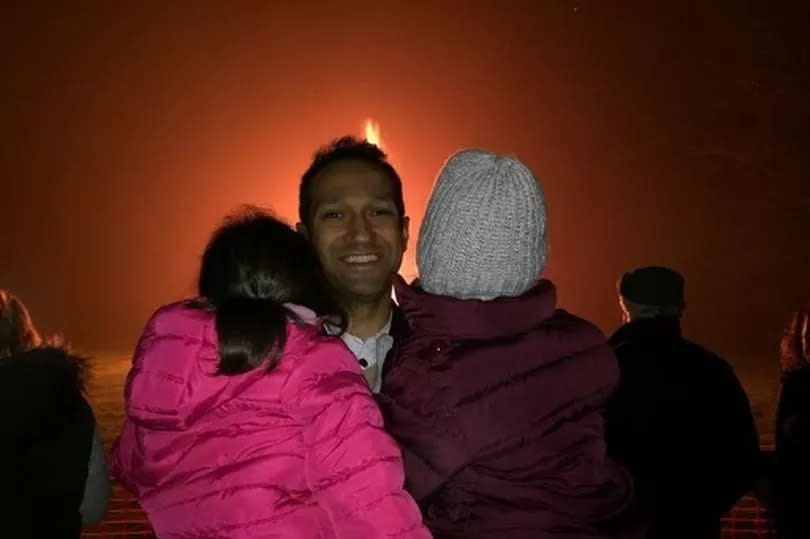
But the procedure is now understood to have severed and ruptured Professor Patel’s body and his lungs started filling up with blood. Having previously had a more than 75 per cent chance of survival, the likelihood of Prof Patel living fell to just one to 10 per cent, his wife and GP Dr Shivani Tanna told the court.
Dr Tanna rushed to hospital to be by his side, finding him ‘coughing up blood’, while doctors told him to ‘lie back’. Dr Tanna said her husband told the doctors ‘if you do, you'll never get the blood out of my lungs’, while Prof Patel informed doctors that his blood was clotting so lying back was unnecessary.
Dr Booton said he ‘didn’t see anything during the procedure that concerned’ him, and said ‘delayed bleeding is an odd thing’, as Professor Patel’s catastrophic bleeding ramped up around 30 to 50 minutes after the end of the operation.
“We’d never had experience of extensive bleeding in this situation,” Dr Booton said. “I didn’t think we would harm him in the way we sadly did.”
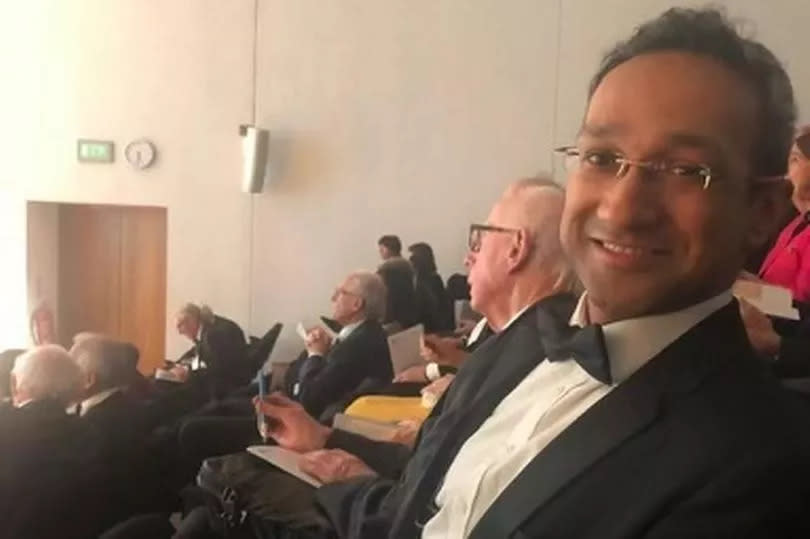
An 'extremely unusual complication' that proved devastating
Dr Adrian Draper, a respiratory consultant at St George’s Hospital in London, prepared a report for the coroner about the death as an independent expert. He called the outcome an ‘extremely unusual complication’ and said that even with the ‘DIC status and the test being non-diagnostic, the procedure would have been a risk worth taking as the risk of bleeding is rare’.
Despite Professor Patel’s rare illness that was developing within him and his worsening condition, Dr Draper said ‘I don’t think I could have foreseen that he would have had a catastrophic haemorrhage’, had he been the medic treating Professor Patel.
“Attempts were made to stop a catastrophic haemorrhage. With that management in place, I still think it was appropriate to proceed,” he added.
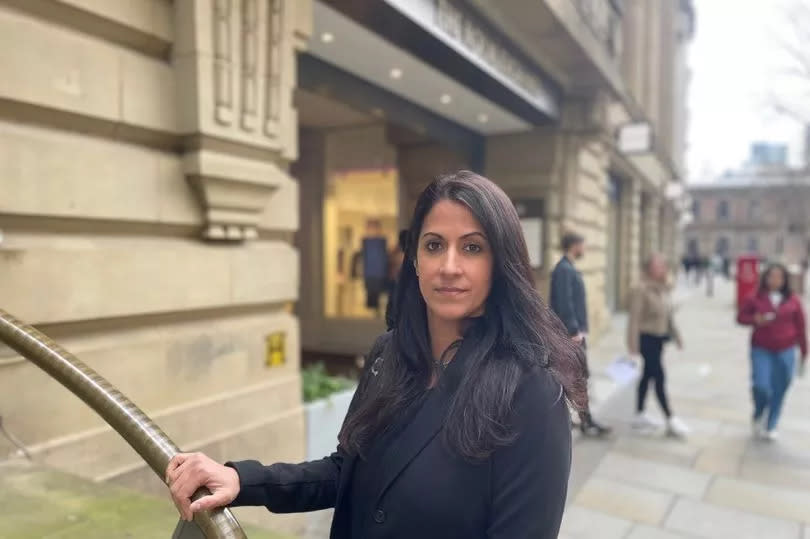
Professor Patel was the first person in the country to be qualified in stem cell transplantation and cellular therapy, and intensive care medicine, and was leading cutting edge medicine at the Christie. He was also a national expert in the life-threatening condition of which he started suffering major symptoms.
But the father-of-two’s condition was deteriorating rapidly after his admission to hospital in August and doctors – including Professor Patel himself – made a ‘working diagnosis’ that he might have been suffering from Still’s disease. Still’s disease is an inflammatory illness, which was causing a potentially deadly immune reaction called HLH.
'I would not have recommended the procedure if I had all the information'
During his career, Professor Patel had formed ‘national guidance’ on HLH and sat on the national multi-disciplinary panel to which the most serious cases, including his own, were referred. His colleagues on that panel, including consultant rheumatologist Dr Jessica Manson, were drafted in to help after being told Prof Patel was in hospital and growing increasingly unwell.
But the court heard how one Wythenshawe Hospital doctor who treated Professor Patel said they had never treated anyone with the condition previously, amid a background of other clinicians telling his family that ‘they had never heard’ of the illness and ‘would read about it’ as Professor Patel was becoming severely ill.
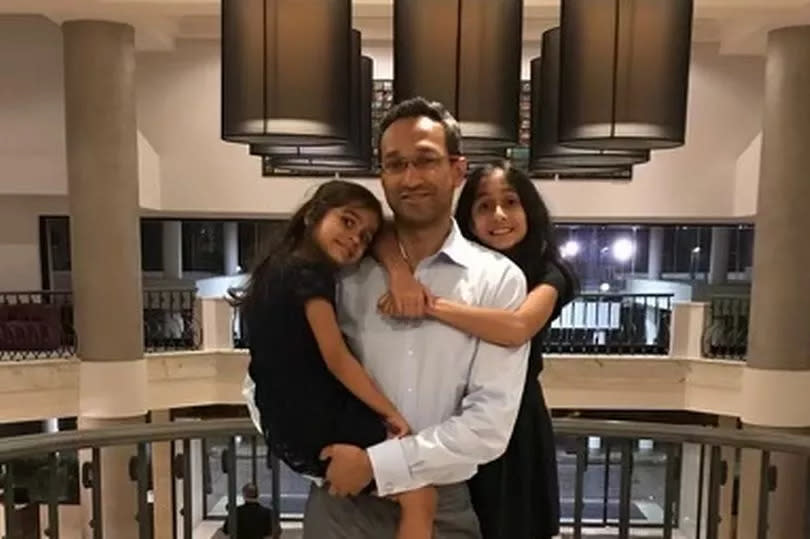
That national multi-disciplinary panel met, along with Wythenshawe Hospital doctors responsible for his hour-by-hour treatment, to recommend a care plan for Professor Patel based on his presentation and test results. The panel, led by Dr Manson, recommended an endobronchial ultrasound guided biopsy (EBUS), where doctors look inside the lungs to diagnose lung disorders, including inflammation.
In court on Wednesday, Dr Manson said she would not have recommended the procedure had she been given vital information about his condition, including his blood clotting problems and that the procedure would have been unlikely to lead to any diagnosis.
The panel met with local clinicians to look at their information and help decide how he should be treated, including recommending the procedure that would ultimately derail his survival. She told the court: “I think we would not have recommended [the procedure] to go ahead had someone had DIC in that moment.”
Dr Manson also shared that she had not been informed by Wythenshawe Hospital doctors that the procedure would only be of ‘low diagnostic yield’ – meaning there was low likelihood that the test would provide the information needed to establish a diagnosis.
“If the person carrying out the procedure said this will have low diagnostic yield, I think I would have not recommended it at that point,” she added.
“The EBUS does not take place on September 2 without the recommendation of the MDT,” said coroner Zak Golombek. He then added: “The multi-disciplinary team was not operating on full information, [Dr Manson] would not have recommended an EBUS if she knew Professor Patel had DIC and it was a low yield diagnosis.”
After the procedure, Professor Patel underwent emergency treatment and was transferred to the Manchester Royal Infirmary, but his condition continued to deteriorate until his October 2021 death.
Proceeding.

 Yahoo News
Yahoo News 
